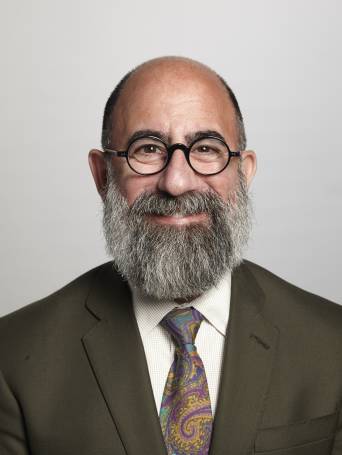The Realities of Managing Complex Health Systems course is designed to provide students with an up close perspective of how large health systems operate. Using real life case studies, expert insight, and relevant reading materials the course will outline the problems, issues, and possible solutions for essential areas of management, operations, and finance such as:
• Health System Finance and Revenue Cycle
• Managed Care in a Complex Health System
• Strategic Planning, and Building a Physician Network
• Physician Recruitment & Compensation
• Measuring Physician Productivity
• Faculty Practice Operating Models and Governance Structures
• Faculty and the Academic/Teaching Mission
• Research in an Academic Medical Center
• Human Resources & Labor Relations
• Managing Physician Relationships
• Risk and Quality Management
• Population Health
• Patient Experience
Through interactive class discussion, evidence based research, and access to industry leaders with content expertise, each student will develop a detailed understanding of the realities of managing complex health systems. Given the continued consolidation and evolution of the national healthcare landscape, the need for such a course has never been greater. While these changes in the healthcare sector have grown, so to have the career opportunities, this critical course offering will provide the students at Wagner a competitive edge in the job market. In addition, this course will provide students tremendous networking opportunities by introducing them to various senior health system leaders from across the tri-state region.
Download Syllabus

